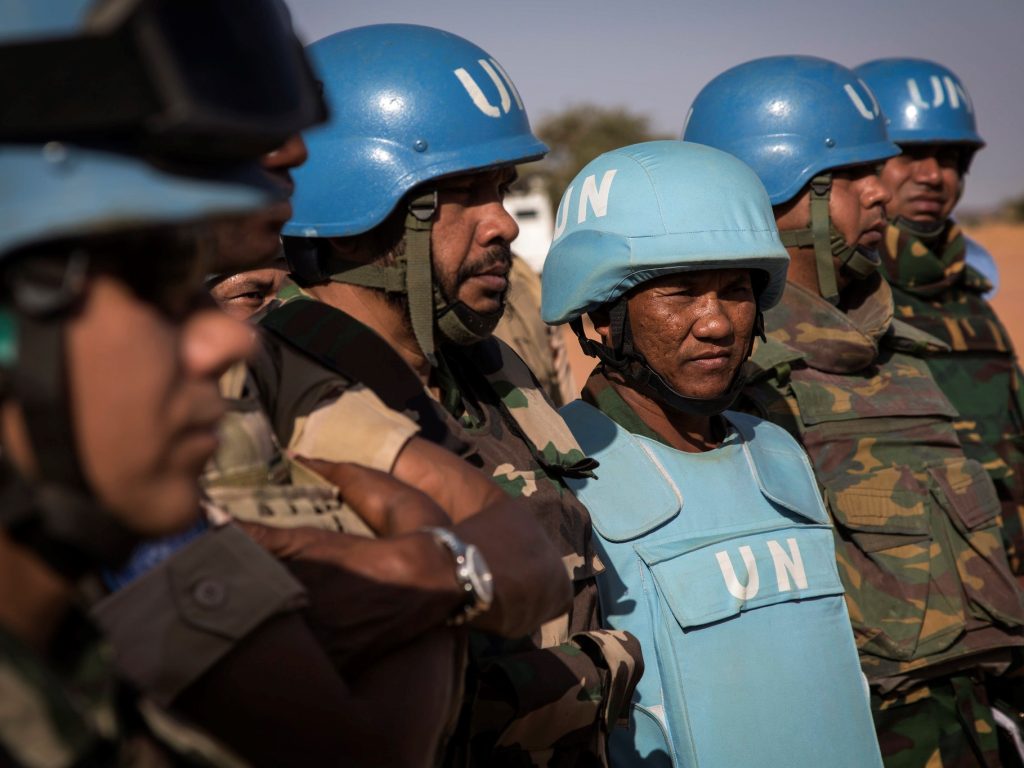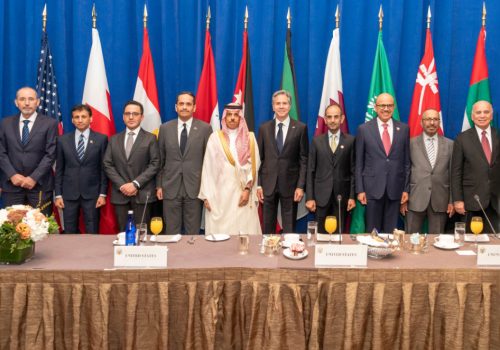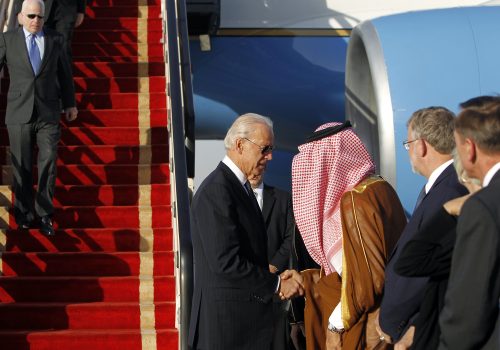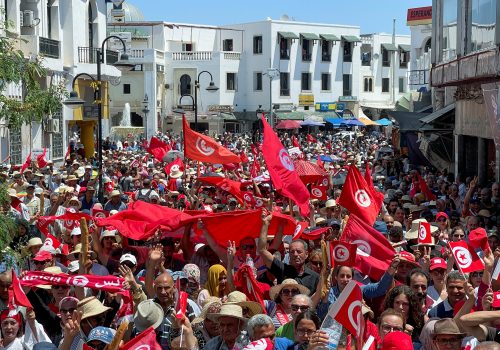The region encompassing the Middle East, North Africa, and the Sahel is studded with complex and multi-layered conflicts in which local and international dynamics interact. While this may sound like a simple truth, it has important implications regarding conflict management. Across the region, few wars are limited to one country and are internally resolvable. In most cases (Russia, Libya, Mali, Yemen), local and regional actors, foreign players, and international organizations have become protagonists of these crises’ destinies. These actors often have different agendas and are guided by other principles as they pursue different, and sometimes opposing, normative models and ways to seek peace. Countries of the region have witnessed countless attempts to deal with, manage, and resolve conflicts from various actors, which have registered mixed fortunes.
Conflict-management practices vary in form and structure, depending on the stakes involved and interests that differing parties to the conflict harbor. While, in some cases, conflict management will attempt to account for long-term stability with the involvement of international institutions such as the European Union and the United Nations (Mali), in other cases it will be short lived and with few to no long-term prospects for stability (Libya). Some actors may view the practice of managing conflicts as a way to enable local actors to take ownership over post-conflict reconstruction and rehabilitation (Yemen), while others view the practice as a way to extend their military footprint in the region (Russia).
In Mali, for example, the West has sought a long-term military engagement to mitigate the country’s crisis, which erupted in 2012 after the Tuareg-led separatist rebellion. The French-led counterterrorism operation’s primary goal was to oust the insurgents, while also paving the way for a long-term state-building process to help Mali rebuild after the conflict. European countries and the United Nations also stepped in to provide support and help the French-led intervention. Conflict management was about “stabilization” and, over time, handing over the state-building process to Bamako.
The NATO-led campaign in Libya from 2011, in contrast, had few to no long-term perspectives for stabilization and institution building. Still involved in Afghanistan, NATO member states were keen to avoid a full-fledged military operation in Libya consisting of a strong post-conflict transition and supported by disarmament, demobilization, and reintegration processes. As a result, local Libyan authorities faced the daunting challenge of contrasting the myriad armed groups that emerged because of the war, leaving Libya in shambles and without a centralized government.
Russian interventionism in the Middle East and North Africa (MENA) and the wider Sahel region saw the implementation of a conflict-management strategy that prioritized hard-power approaches over diplomatic, soft-power ones. While Russia narratives have framed its interventions as “peacekeeping missions,” few to no diplomatic efforts have been implemented. The use of widespread force—through military deployments in Syria, Libya, Sudan, Mali, and the Central African Republic—is a case in point of how Russian hard-power strategies prevailed.
Yemen’s crisis witnessed a rather unique management of its conflict, with local women and tribal-led groups taking center stage in the country’s reconstruction plan. By negotiating local ceasefire agreements and prisoner exchanges, civil-society organizations have become protagonists in Yemen’s ongoing civil war. These have provided temporary containment measures to mitigate the consequences of the conflict. However, the process of recovery cannot begin in the absence of a clear path toward ending the conflict and agreeing on a political horizon.
This Atlantic Council-ISPI Dossier focuses on a selected number of conflict case studies (Libya, Yemen, Mali, and Russia) with a view to surface types of mechanisms for dealing with them that have been used by actors including the United Nations, European Union (EU), NATO, and Russia.
Chiara Lovotti is an ISPI Research Fellow and Scientific Coordinator of “Rome MED-Mediterranean Dialogues.”
Alissa Pavia is the Associate Director for the North Africa Program within the Rafik Hariri Center & Middle East Programs at the Atlantic Council.
In partnership with

Further reading
Fri, Oct 7, 2022
The MENA region’s uneasy path towards reforms
Report By
Decade-old geopolitical transformations have impacted the Middle East and North Africa (MENA) states’ efforts to implement socioeconomic reforms. More recently, the Ukraine war’s reverberations are also likely to affect the MENA countries’ paths towards such reforms.
Tue, Jul 12, 2022
Evolving MENA power balances: What is next for US engagement in the region?
In-Depth Research & Reports By
US President Joseph R. Biden Jr.’s upcoming visit to the Middle East provides an opportunity to assess what role the United States will play in the Middle East and North Africa in the future. With the war in Ukraine further diverting US attention from the region, the big question is whether the region is entering a ‘post-US’ era.
Mon, Aug 29, 2022
North Africa’s transatlantic relations amid change and continuity
Report By
The purpose of this report is to identify a potential role for Italy and its diplomacy to play in North Africa, in full agreement and collaboration with the United States and the other main European actors.



